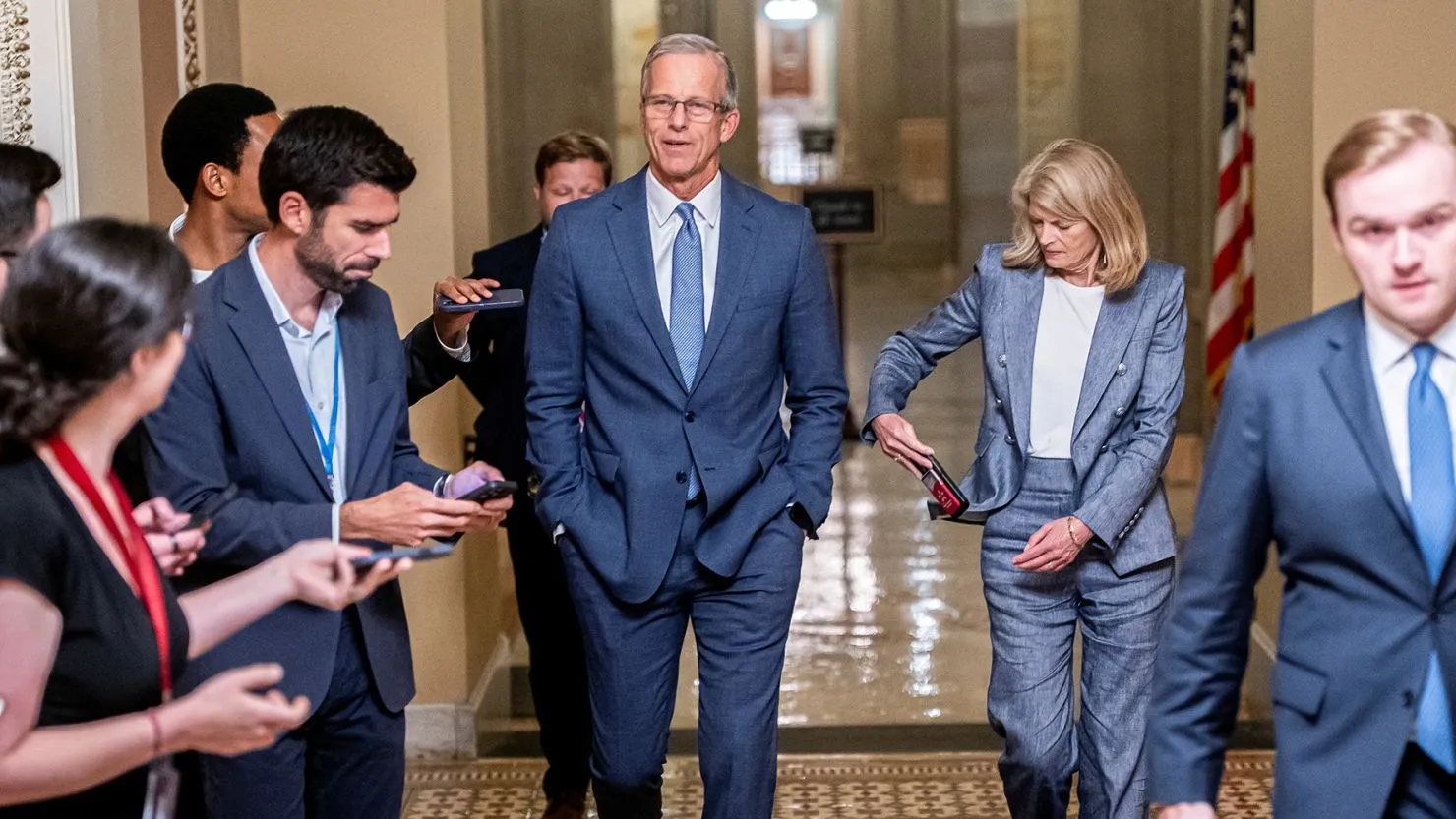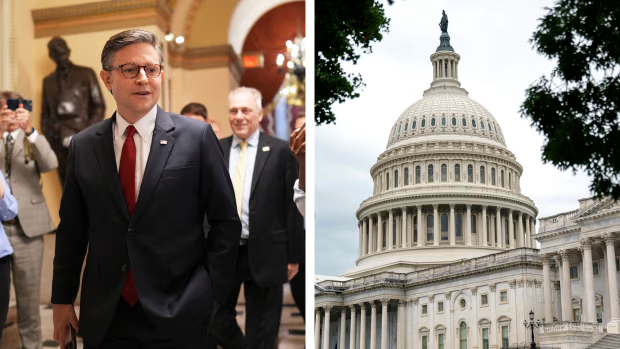
Trump lobbies holdouts
Trump Lobbies Holdouts Power, Persuasion, and the High Stakes of Republican Unity
In a dramatic display of political influence and maneuvering, former U.S. President Donald Trump has intensified his efforts to rally Republican lawmakers and political allies ahead of crucial legislative battles and the looming 2024 presidential election. Over the past week, Trump has launched a targeted campaign to pressure GOP holdouts those within the party who remain skeptical or resistant to his endorsed policies, candidates, or strategic direction. As the GOP works to present a unified front amid internal ideological divisions, Trump’s intervention underscores his continuing grip on the party and his determination to shape its future from the sidelines or potentially once again from the White House.
Trump’s lobbying campaign centers around multiple fronts key primaries, House and Senate legislation, and broader party strategy on national issues like immigration, inflation, and crime. What makes this push particularly consequential is that it is not orchestrated from the seat of government, but rather from Mar a Lago, his private Florida estate that has become a nerve center for Republican politics. Through a series of phone calls, private meetings, public endorsements, and social media blasts, Trump is seeking to either win over or politically isolate members of his party who are not fully aligned with his agenda. The targets range from moderate Republicans to members of the conservative establishment who resist Trump's populist rhetoric or question the electability of his endorsed candidates.
One of Trump’s immediate objectives is to ensure that key legislation backed by his loyalists in Congress passes without obstruction from intra party dissenters. Among these legislative priorities are proposed measures on border security, tax reforms tailored to small businesses, and energy independence. However, several Republican lawmakers have voiced concerns that Trump’s influence is overshadowing broader legislative goals, pushing the party into a narrower ideological corner. In response, Trump has employed a familiar playbook leveraging his base of loyal voters, threatening primary challenges, and offering campaign support to those who pledge allegiance. This pressure has proven effective in several cases, flipping previous holdouts and shifting the tone of internal GOP discussions.
Behind the scenes, sources close to senior House Republicans describe an atmosphere of mounting tension. Trump’s allies on Capitol Hill, including Rep. Marjorie Taylor Greene, Rep. Matt Gaetz, and Sen. JD Vance, have taken on the role of intermediaries, delivering messages from Trump and framing political choices as tests of loyalty. Some lawmakers reportedly feel cornered, fearing political backlash from Trump’s voter base more than they fear opposing Democratic counterparts. This creates a unique dynamic where policy debates are increasingly filtered through the lens of Trump’s approval. Even legislative discussions around mundane procedural rules or budget allocations have been laced with ideological tests and veiled threats.
The effectiveness of Trump's lobbying lies not only in his personal popularity among the GOP base but also in his control over conservative media ecosystems. Outlets like Truth Social, Breitbart, and several conservative talk shows amplify Trump’s messaging in real time, putting pressure on lawmakers and rallying constituents against perceived traitors within the party. Trump’s media blitz often names individuals directly, branding them as “RINOs” (Republicans In Name Only) or accusing them of undermining the MAGA movement. For elected officials in vulnerable districts, such negative attention can be politically devastating. Some, fearing primary challenges backed by Trump, have reversed earlier positions or issued public statements aligning more closely with Trump’s priorities.
However, not all Republicans are swayed. A growing, albeit quiet, faction within the party is expressing concern over Trump’s dominance and the long term implications of his tactics. These dissenters argue that the party must broaden its appeal to independents and moderate voters if it hopes to win back suburban districts and reclaim a governing majority. Figures like Senator Lisa Murkowski and Representative Brian Fitzpatrick have voiced guarded resistance, emphasizing traditional conservatism, institutional respect, and bipartisan cooperation. Their stance illustrates a critical divide in the GOP one between ideological purity as defined by Trump and a more inclusive vision focused on legislative pragmatism.
Trump’s renewed involvement also signals a calculated effort to reassert himself as the de facto leader of the Republican Party ahead of the 2024 election cycle. With several Trump endorsed candidates already declared or considering runs for governor, Senate, and even local offices, the former president is building a nationwide bench of loyalists. His lobbying efforts are as much about influencing current votes as they are about shaping the future ideological direction of the party. According to political strategists, this maneuvering could cement Trump’s dominance over the Republican primaries, making it nearly impossible for any challenger to outflank him from within the party even as legal challenges and investigations continue to shadow his potential campaign.
Critics of Trump’s aggressive lobbying warn that such centralization of influence could alienate swing voters and lead to greater political instability. Former GOP strategists and some retired lawmakers have raised alarms that this internal pressure campaign resembles a party purge more than a policy debate. They argue that dissent and healthy internal debate are necessary for any party to evolve, and that Trump’s style of politics risks reducing the GOP to a cult of personality. Nonetheless, Trump's supporters argue that his ability to “speak for the people” and “take on the establishment” is precisely what makes him the most powerful figure in modern Republican history.
In summary, Donald Trump’s recent lobbying of Republican holdouts is a striking illustration of his enduring political influence and his tactical acumen. if seen as a necessary assertion of leadership or a dangerous consolidation of power, his campaign has already begun reshaping the internal politics of the GOP. The coming months will reveal if Trump can fully rally the Republican Party behind his vision or if internal resistance will force a reckoning within its ranks. As the 2024 primaries approach, this struggle between loyalty and independence, between populism and pragmatism, will define not just the fate of the Republican Party, but the broader trajectory of American politics.










